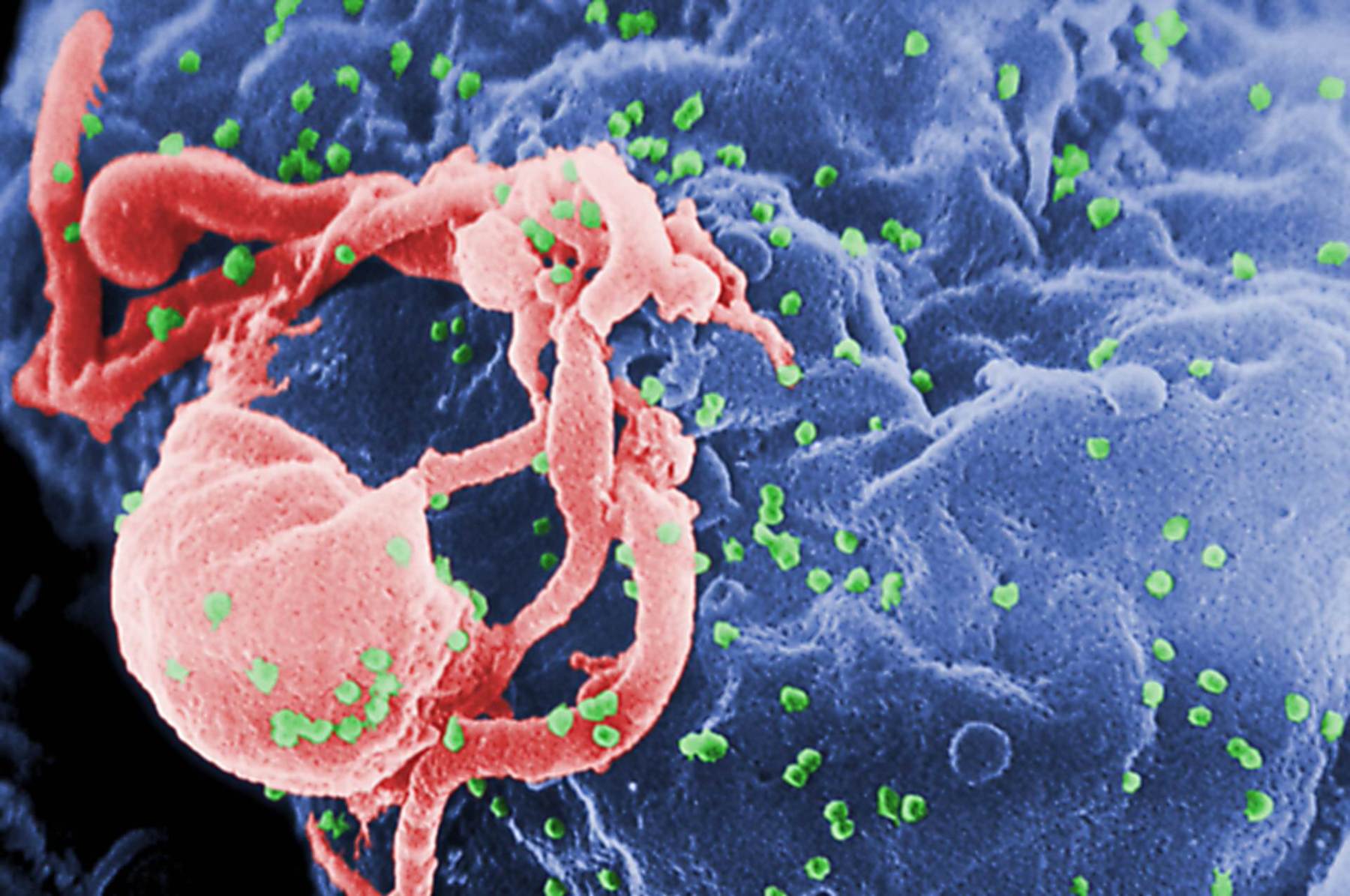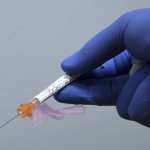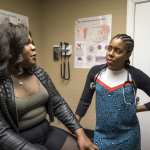About 42 percent of transgender women tested positive for HIV as of early 2020, per a new government study run across seven major U.S. cities, and Black women have been particularly impacted. The staggering figure is one of the few snapshots into the unequal toll the virus continues to exert.
Among Black trans women, 62 percent tested positive for HIV, according to the report, which was collected and analyzed by the Centers for Disease Control and Prevention. About 35 percent of Latinas reported the same. But among White trans women, 17 percent tested positive — still far higher than the general U.S. population, but lower than any other racial group.
Among American Indian/Alaska Native women who were tested, 65 percent were HIV-positive, as were 20 percent of Asian women. Both groups came from particularly small sample sizes, however: American Indian/Alaska Native women made up 1 percent of all the people studied, and Asian women made up 2 percent.
The data comes from HIV surveillance testing conducted between 2019 and early 2020, in Atlanta, Los Angeles, New Orleans, New York City, Philadelphia, San Francisco and Seattle. The paper looked at 1,608 women across those cities and was conducted in an effort to better understand how HIV affects trans women in particular.
The dataset involved, which was collected through the CDC’s National HIV Behavioral Surveillance program, looks specifically at populations and areas with elevated HIV risk. That means the findings may not reflect HIV prevalence among transgender women of color generally, said Ilan Meyer, a distinguished senior scholar of public policy at the UCLA-affiliated Williams Institute. And other analyses, including a 2018 meta-analysis, suggested lower HIV rates — closer to 14 percent — among transgender women of all races.
Still, Meyer said, “These numbers are definitely alarming and call for renewed efforts to distribute [HIV prevention medication] and other preventive strategies among transgender women of color.”
Historically, there has been little national data probing racial and geographic disparities among transgender women. The new CDC report offers a first step in that direction, though advocates and experts note that it’s still only a first step toward addressing the disparities.
“A lot more efforts are needed to study representative samples of transgender populations to give us better population-wide estimates,” Meyer said.
HIV rates varied among cities. In Atlanta, 58 percent tested were HIV-positive. In New York City, 52 percent tested positive; 51 percent did so in Philadelphia and 45 percent in New Orleans. In San Francisco, 41 percent of surveyed women had a positive HIV test, compared to 33 percent in Los Angeles and 21 percent in Seattle.
“These data provide a clear and compelling picture of the severe toll of HIV among transgender women and the social and economic factors — including systemic racism and transphobia — that are contributing to this unacceptable burden,” said Dr. Demetre Daskalakis, director of CDC’s Division of HIV/AIDS Prevention, in a statement.
The data — collected before the COVID-19 crisis — takes on even greater significance now, as experts worry a potential fourth wave of the virus could emerge. Untreated HIV weakens the immune system and is a risk factor for COVID-19 complications.
In the United States at large, about 1.2 million people are living with HIV, per government statistics. It has long been clear that — when it comes to the dual burden of both contracting the virus and facing barriers to treatment — Black people, transgender people, and gay and bisexual men are at greatest risk. People who live in the South are particularly vulnerable, per CDC analyses.
The disparities, experts believe, stem from overlapping layers of discrimination against transgender people, and particularly transgender people of color. That includes employment discrimination, higher rates of poverty, and increased barriers to both health insurance and competent medical care.
“It’s income, it’s violence, it’s education. All the social determinants of health that affect everyone else — it’s intensified when you add in the element of trans women not being accepted in certain spaces,” said Coleman Goode, a community organizer at the AIDS Foundation Chicago. “There’s so much that plays into the higher rates of HIV among trans women of color.”
The economic gaps have only grown in the past year. Early data suggests that transgender people were more likely to have suffered because of the pandemic-induced recession. Transgender people of color were at particularly high risk: 26 percent had lost work as of last summer, per research published by the Human Rights Campaign.
All that makes it harder to access the HIV prevention pill (known as PrEP), which is at least 90 percent effective and recommended for daily use in people who are at greater risk of HIV exposure. Without health insurance, the pill can cost close to $2,000 a month.
Beyond finances, there are other concerns.
The CDC report found that while 92 percent of HIV-negative women knew about PrEP, barely a third — 32 percent — were taking the pill. Many cited worries about how the pill might interact with hormones, along with mistrust of the health care system due to experiences with transphobia and lack of trans-inclusive marketing surrounding the HIV prevention pill.
“A lot of people considered it a white male gay drug,” Goode said. “Among white gay men, their numbers have been dropping dramatically. But the numbers in black communities are going up — they’re the highest they’ve been. And there were doctors that didn’t want to prescribe it, because they felt like it’s a gay or white thing, or you don’t need that.”





